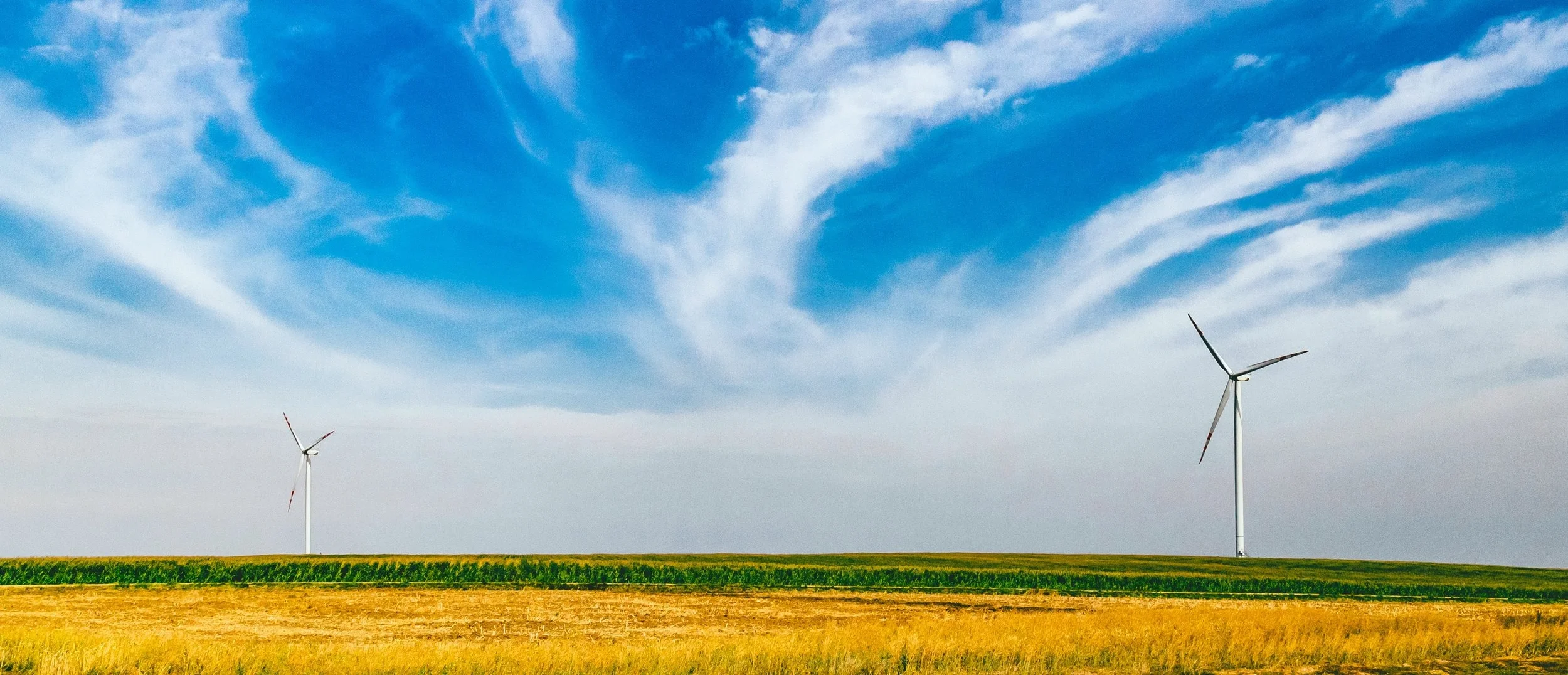by Emma Hibbard
Energy reform and clean energy expansion are the subjects of a longstanding debate in Washington and nationwide. Though these haven’t always been intensely partisan issues, Democrats generally tout an environmental agenda centered around green energy and eliminating carbon emissions, while Republicans traditionally have been linked to the oil and gas industry, resisting divestment from fossil fuels. As conservative lawmakers oppose clean energy legislation, many of the places they represent have quietly grown to be the largest producers of renewable energy.
While Senator James Inhofe (R-OK) infamously threw a snowball in the Senate to disprove climate change, his home state of Oklahoma produces 32% of its electricity from wind power, which is the highest percentage in the country (although oil and gas interests are fighting back). Historically conservative, oil-rich, and fossil fuel friendly Texas currently leads the entire country in wind power with 21,450 MW of capacity. In fact, 85% of wind-producing congressional districts nationwide are Republican. They also represent 13 of the top 25 solar producing states. So why the ambivalence about the energy revolution that is benefiting their districts?
On the rise: The top 5 wind producing states in the U.S. are in order; Texas (21,450 MW), Iowa (6,974 MW), Oklahoma (6,645 MW), California (5,561 MW), and Kansas (5,110 MW). Combined, the states account for 89,945 MW of wind power. Image: Climable.org
Money plays an important role. In the 2016 election, fossil fuel interests contributed $100 million to political campaigns and 89% of that went to Republicans. With former fossil fuel lobbyists and executives leading federal departments, like the EPA and the Department of the Interior, it is impossible to ignore the influence that the oil, gas, and coal industries hold in policy decisions. These leaders oppose renewable energy by claiming that oil, gas, and coal hold the key to domestic energy production, economic growth, and the stability of American jobs.
In reality, market forces will make it increasingly hard to perpetuate this false narrative as renewable energy outpaces fossil fuels. Even without the ‘save the environment’ stance that hasn’t successfully garnered support with many conservatives, the case for renewables lies in economics, jobs, and national security.
Between 2008 and 2016, the cost of utility-scale solar energy fell 68% and the cost of utility-scale wind power fell over 40%! As these prices fall, so do the costs to consumers. Cheaper production of renewable energies means increasing green job creation, with around 4 million people employed in clean energy professions (a mix of renewable technology, energy storage, energy efficiency, and advanced vehicles and transportation). In that same timeframe, solar and wind energy jobs grew 24.5% and 16% respectively, growing the renewable sector to 777,000 jobs. The coal industry employs 160,000 though mining only accounts for 53,000 of that(and that figure is declining). Not only do renewables create economic and workforce benefits, the use of domestic resources ensures both energy and national security by decreasing dependence on foreign sources of fossil fuels and insulating American consumers from global price spikes.
For lawmakers that focus their policies around economic growth, American jobs, energy independence, and national security, there is little standing in the way of getting behind renewable energies besides political ties and campaign funding. In fact, the group Young Conservatives for Energy Reform has recognized this reality and organizes young conservative leaders in a grassroots effort to push for energy independence and security, job creation, and environmental stewardship.
Progress depends on this kind of positive collaboration and recognition of a common goal, regardless of politics. Everyone can find common ground in the benefits of clean energy, a topic that should not divide us but instead excite us about the ways we can move forward together into a secure energy future.
Interested in more information? Check out how wind power is developing in Texas with farmers and ranchers here.



